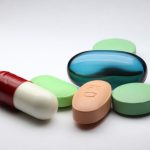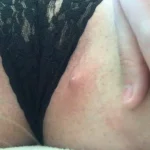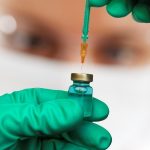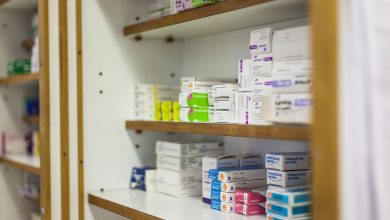Do Chikungunya Home Remedies Really Work?
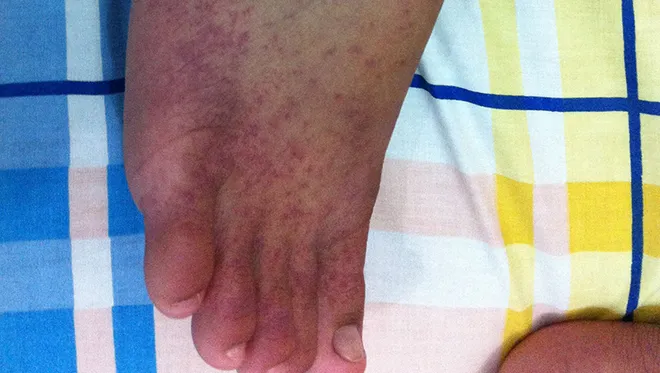
Chikungunya is a mosquito-borne viral infection that has been gaining attention due to its debilitating symptoms, including fever, joint pain, headache, and muscle pain. As there is no specific antiviral treatment for Chikungunya, many individuals turn to home remedies in hopes of alleviating symptoms and speeding up recovery.
In this article, we’ll explore the effectiveness of Chikungunya home remedies, examining both traditional practices and modern approaches.
What is Chikungunya?
Before delving into home remedies, it’s crucial to understand the nature of Chikungunya. The virus is primarily transmitted to humans through the bite of infected Aedes mosquitoes, particularly Aedes aegypti and Aedes albopictus. The symptoms usually manifest 4-8 days after being bitten and can be severe, causing long-lasting joint pain that may persist for months.
As there is no specific cure for Chikungunya, treatment focuses on relieving symptoms and supporting the body’s natural healing processes. This is where home remedies come into play, offering a range of approaches to manage symptoms and enhance recovery.
Traditional Remedies
1. Herbal Teas: One traditional approach involves the consumption of herbal teas known for their anti-inflammatory and immune-boosting properties. Ginger tea, for example, is believed to help reduce joint pain and inflammation. Turmeric tea, thanks to its active compound curcumin, is also considered beneficial for its anti-inflammatory effects.
2. Tulsi (Holy Basil): In Ayurveda, Tulsi is revered for its medicinal properties. It is believed to have antiviral and immune-boosting effects. Some people with Chikungunya turn to Tulsi leaves, either by chewing them or consuming Tulsi tea, to help manage symptoms.
3. Papaya Leaf Juice: Another traditional remedy involves the consumption of papaya leaf juice. Papaya leaves are thought to have antiviral properties and may help boost platelet count, which can be crucial in managing Chikungunya symptoms.
Modern Approaches
1. Hydration: One of the key aspects of managing Chikungunya is ensuring adequate hydration. Dehydration can exacerbate symptoms and delay recovery. Drinking plenty of water, electrolyte-rich beverages, and coconut water can help maintain fluid balance and support the body’s functions.
2. Rest and Sleep: Adequate rest is essential for the body to recover from any viral infection, including Chikungunya. Proper sleep allows the immune system to function optimally, aiding in the body’s fight against the virus.
3. Pain Relievers: Over-the-counter pain relievers such as acetaminophen or ibuprofen can be used to alleviate fever and joint pain associated with Chikungunya. However, it’s important to consult with a healthcare professional before using these medications, as they may have side effects and interactions with other medications.
4. Topical Treatments: Applying topical treatments like cold compresses or mentholated ointments on affected joints may provide relief from pain and inflammation. These methods don’t target the virus itself but can enhance comfort during the recovery period.
5. Dietary Considerations: A balanced diet rich in vitamins and minerals is crucial during Chikungunya recovery. Nutrient-dense foods support overall health and may contribute to a faster recovery. Including fruits, vegetables, and protein sources can help meet the body’s nutritional needs.
Scientific Perspective
While traditional and modern home remedies offer various strategies to manage Chikungunya symptoms, it’s essential to consider the scientific evidence supporting their effectiveness.
1. Herbal Teas: While ginger and turmeric have demonstrated anti-inflammatory and antioxidant properties in studies, the evidence directly linking their consumption to Chikungunya symptom relief is limited. More research is needed to establish the efficacy of these herbal teas specifically in the context of Chikungunya.
2. Tulsi (Holy Basil): Some studies suggest that Tulsi may possess antiviral properties and could contribute to immune system modulation. However, research on Tulsi’s direct impact on Chikungunya is scarce, and further investigation is necessary to confirm its effectiveness in managing the virus.
3. Papaya Leaf Juice: Limited research has explored the potential benefits of papaya leaf extract in the context of viral infections. While some studies suggest antiviral properties, more rigorous research is needed to determine its effectiveness specifically against Chikungunya.
4. Hydration, Rest, and Pain Relievers: These approaches are not specific to Chikungunya but are widely recommended for managing viral infections. Adequate hydration, rest, and pain relief can help alleviate symptoms and support the body’s natural healing mechanisms.
Vaccine
The U.S. Food and Drug Administration (FDA) has recently granted approval for Ixchiq, the world’s first Chikungunya vaccine. This milestone achievement signifies a pivotal moment in the ongoing battle against the Chikungunya virus, offering a powerful tool to protect individuals aged 18 years and older who are at an elevated risk of exposure to the disease.
The approval follows meticulous scrutiny of Ixchiq’s safety and efficacy through extensive clinical trials, underscoring the significance of this vaccine as a proactive measure in managing the risks associated with Chikungunya. With Ixchiq now in the arsenal of preventive healthcare measures, there is renewed hope for reducing the impact of Chikungunya and safeguarding vulnerable populations from this mosquito-borne viral infection. This approval not only reflects scientific progress but also brings a ray of optimism for individuals living in regions prone to Chikungunya outbreaks, providing a tangible and targeted solution to a longstanding public health challenge.
Conclusion
Chikungunya home remedies, whether rooted in tradition or based on modern approaches, offer a range of strategies to manage symptoms and support recovery. While some remedies have demonstrated anti-inflammatory or immune-boosting properties in general, their direct impact on Chikungunya requires further investigation.
It’s important to approach home remedies as complementary measures rather than substitutes for professional medical advice and treatment. Individuals experiencing Chikungunya symptoms should consult with healthcare professionals for an accurate diagnosis and appropriate guidance.
As research continues to unfold, a better understanding of the efficacy of Chikungunya home remedies will emerge. In the meantime, a holistic approach that combines traditional wisdom with evidence-based practices may offer the most comprehensive support for those dealing with this challenging viral infection.


